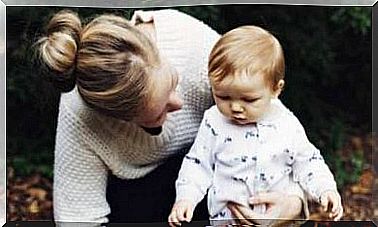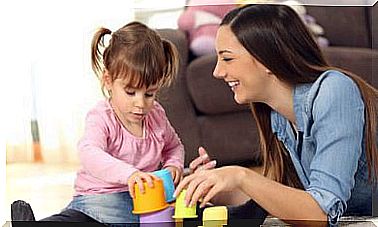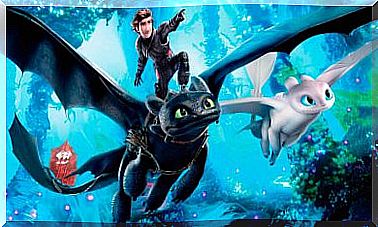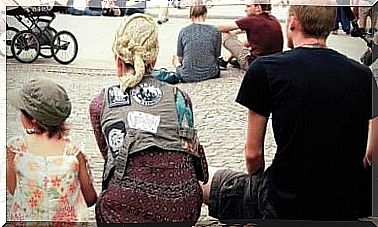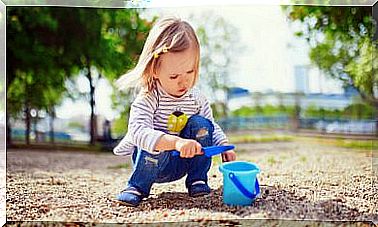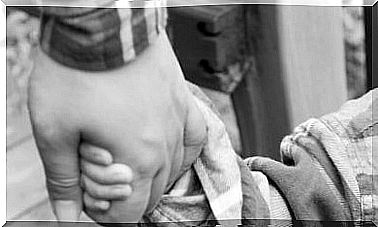Albert Bandura’s Social Learning Theory
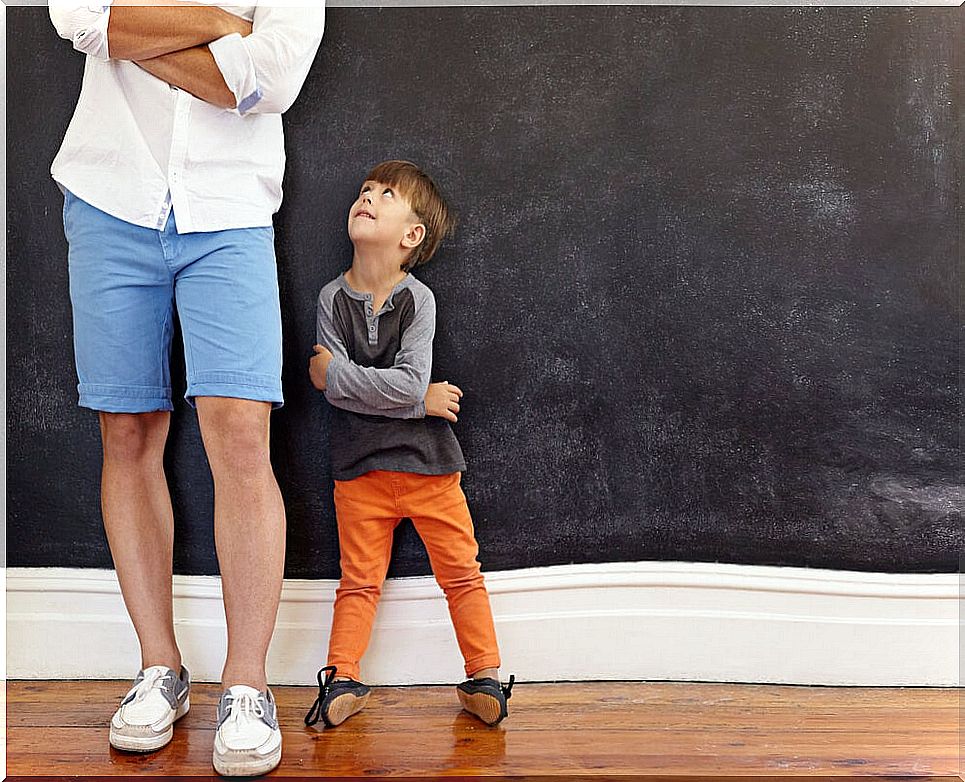
Albert Bandura is a Canadian psychologist recognized worldwide for his Social Learning Theory. In addition, he is also known for the formulation of the Cognitive-Social Theory of Personality and the Theory of Self-efficacy. For Bandura, the way we observe others and process their behavior is key to our learning.
What is Social Learning Theory?
Albert Bandura and other psychologists such as Robert R. Sears and Eleanor E. Maccoby deviated from animal research studies, which were on the rise in the mid-20th century thanks to behaviorism, the great evolutionary model that dominated developmental psychology. at that time it was disseminated by authors such as John B. Watson or Burrhus F. Skinner.
According to behaviorism, all learning is the result of direct experience with the environment, through the processes of association and reinforcement. On the other hand, Albert Bandura, from the cognitive area of psychology, believed that learning also receives psychological influences such as attention and memory.
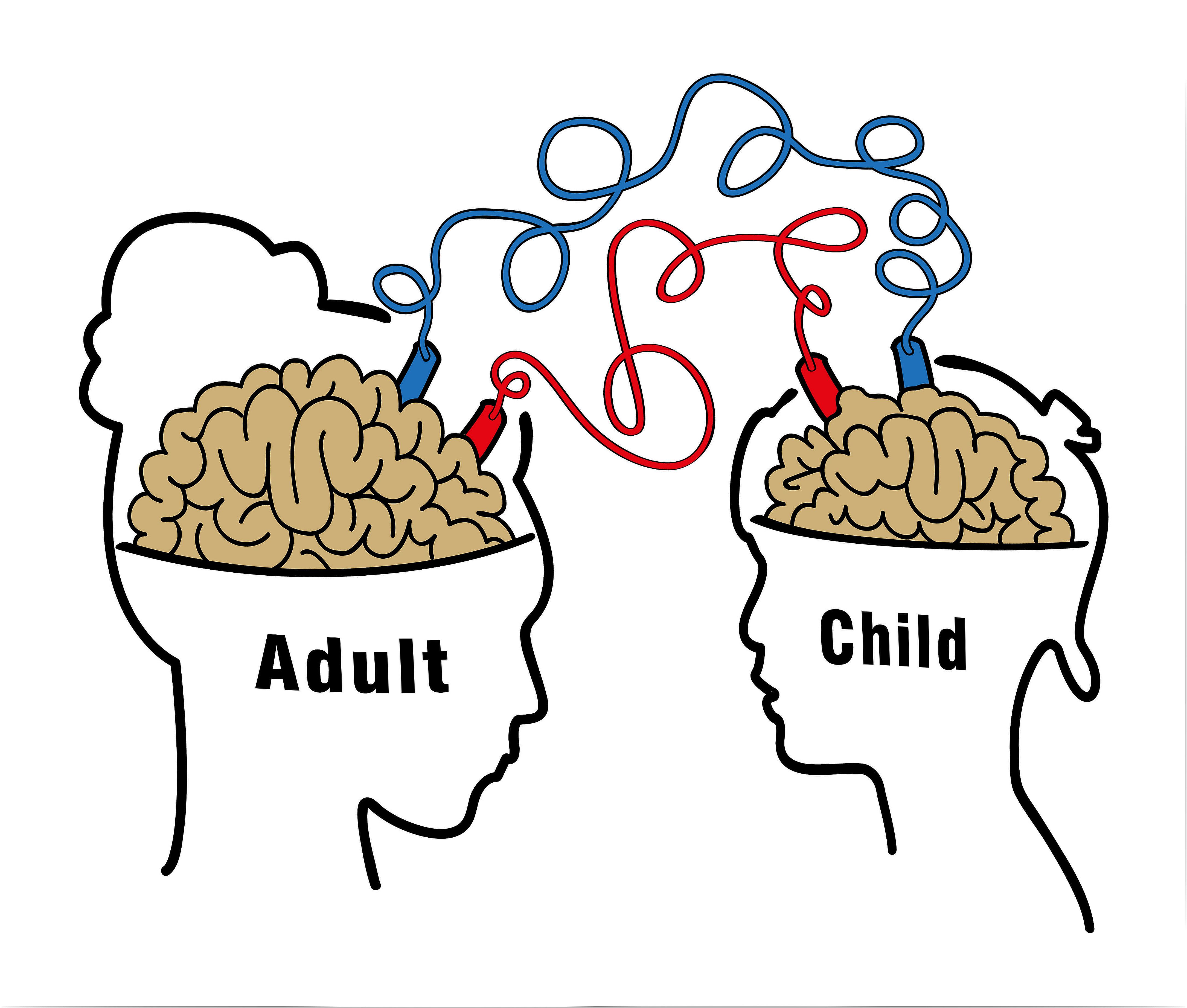
That is, the Social Learning Theory defends that cognitive and social processes present a greater influence when learning than the stimulus-reinforcement relationship defended by behaviorism.
Now, Albert Bandura admits that the environment conditions us, so it undoubtedly influences our behavior. In fact, Bandura speaks of a reciprocal determinism, which means that human behavior is affected by cultural, cognitive and environmental factors.
Vicarious learning
One of the most interesting proposals that Albert Bandura developed was vicarious apprenticeship. It is a type of cognitive learning that is based on the observation of models, without the need for direct reinforcement of behavior. This type of cognitive learning has a series of cognitive processes:
- Attention. Simply observing does not mean direct learning success. The lower the level of attention, the less learning will occur.
- Retention. In other words, the ability to store information.
- Recovery. That is, the ease of being able to reproduce the observed behavior, with the consequent practice of it, which leads to improvement.
- Motivation. Perhaps the most important part. For observational learning to be optimal, you need to be motivated to imitate what you have learned.
The Bobo Doll
In 1961, Albert Bandura developed a controlled experimental study and discovered that social behaviors can be acquired by observing real models. The Bobo doll was her best known experiment in which evaluated a number of children in order to investigate whether aggressive behavior can be learned through observation.
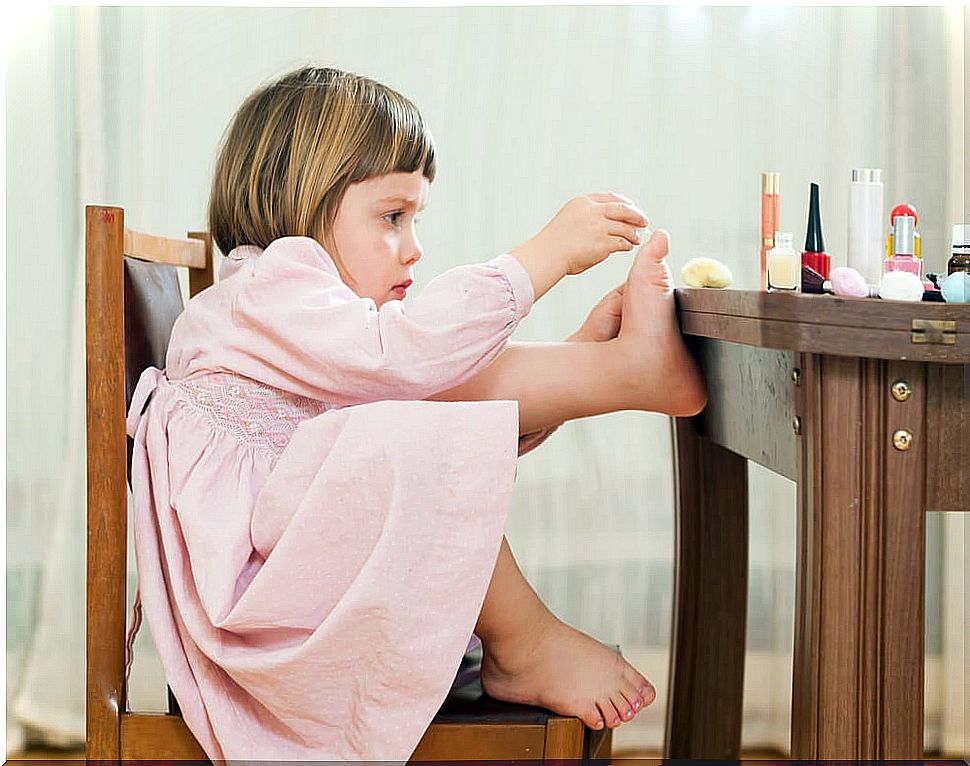
The experiment consisted of the boys and girls having to observe a man or a woman, respectively, and see how they behaved aggressively or not with the toy called Bobo.
After the observation, it was the children’s turn to play with Bobo . The results of the experiment showed that the children who observed the model who behaved aggressively with the doll, imitated the same aggressive behavior and, even, some of them were creative in their aggressive behavior.
Ultimately, the results confirmed Bandura’s Social Learning Theory. Following this line, children are learning social behaviors such as aggressiveness and violence on a daily basis, simply through their observation of the people around them, whether at home, school or the media.



